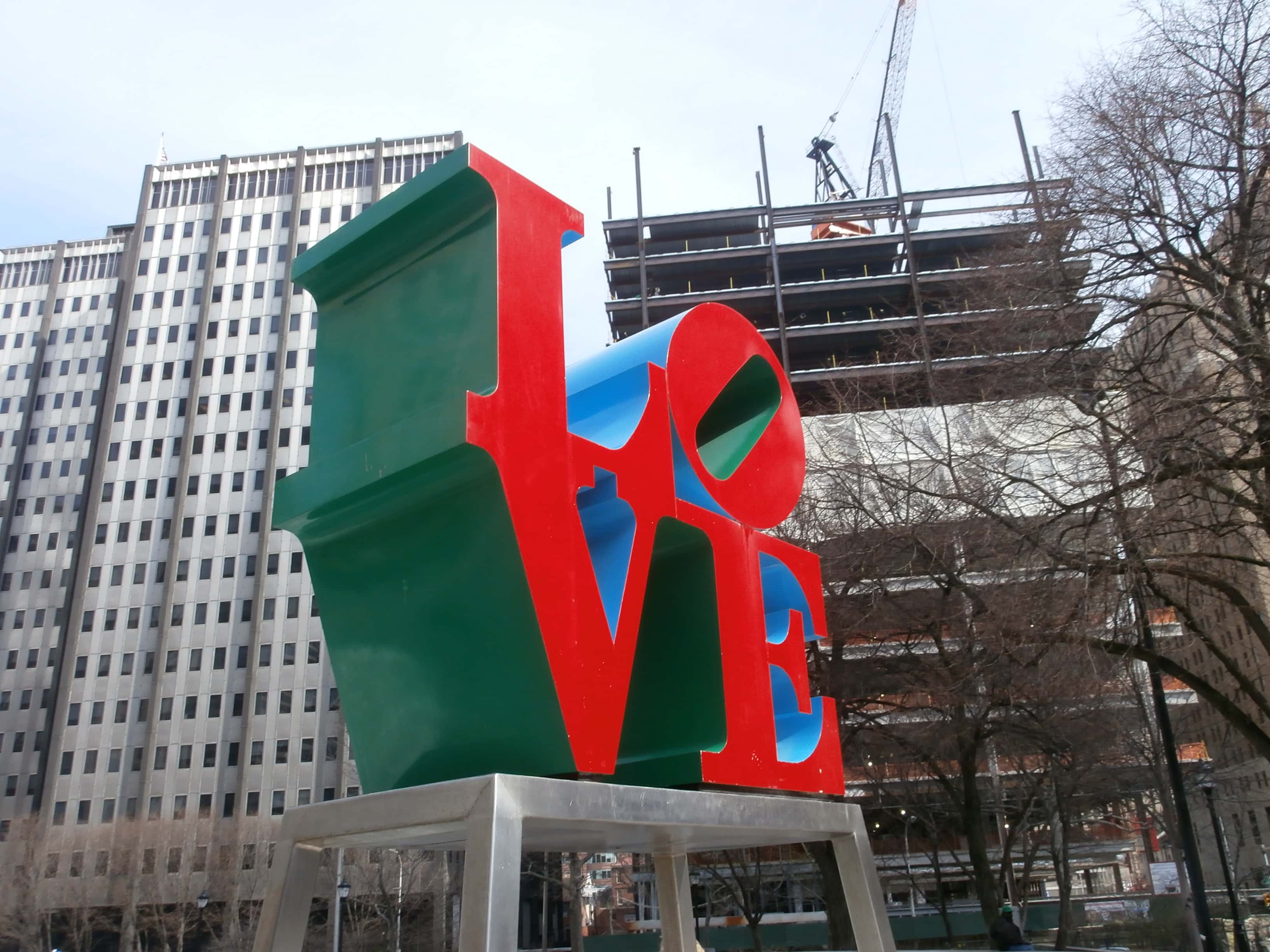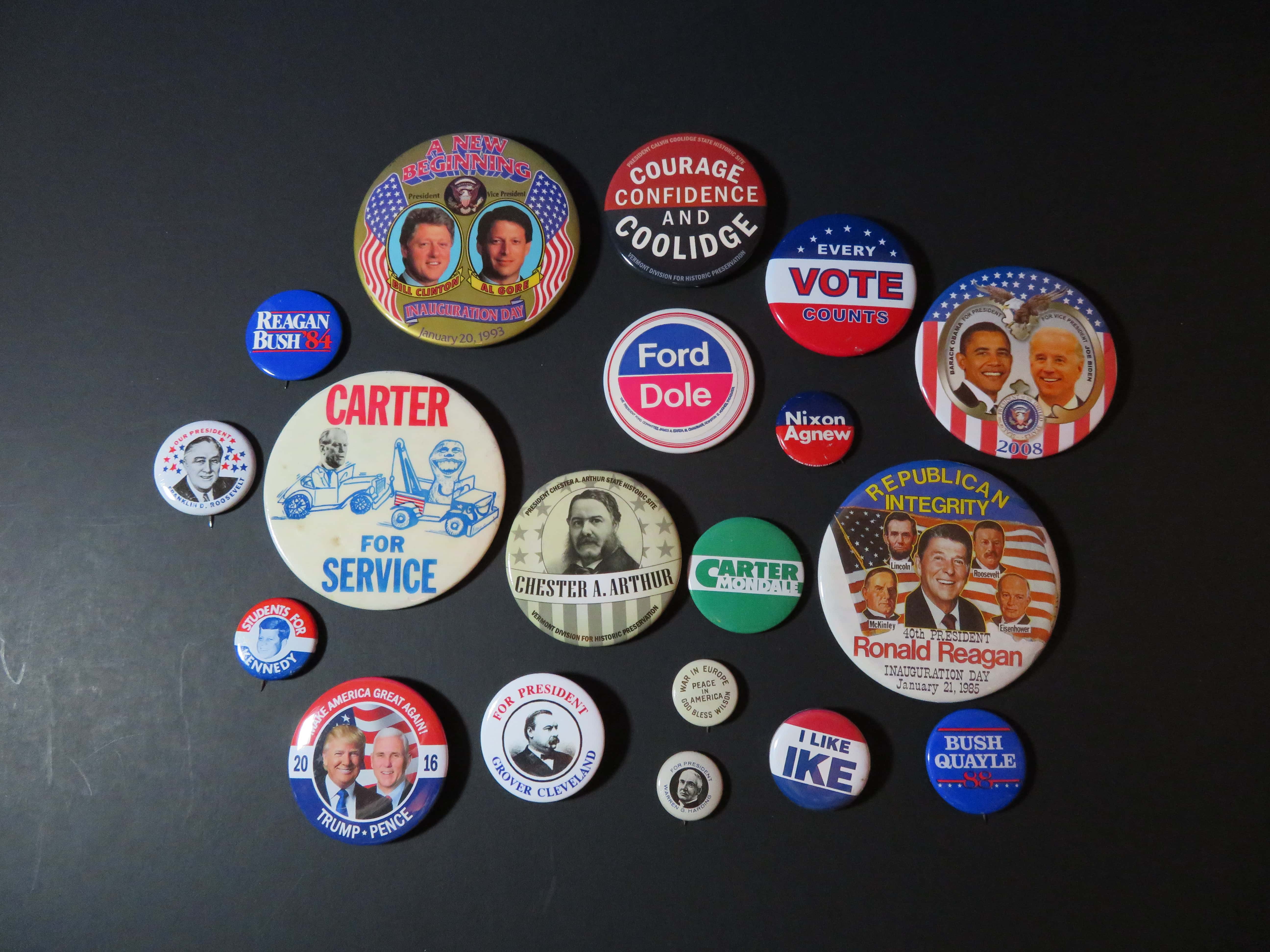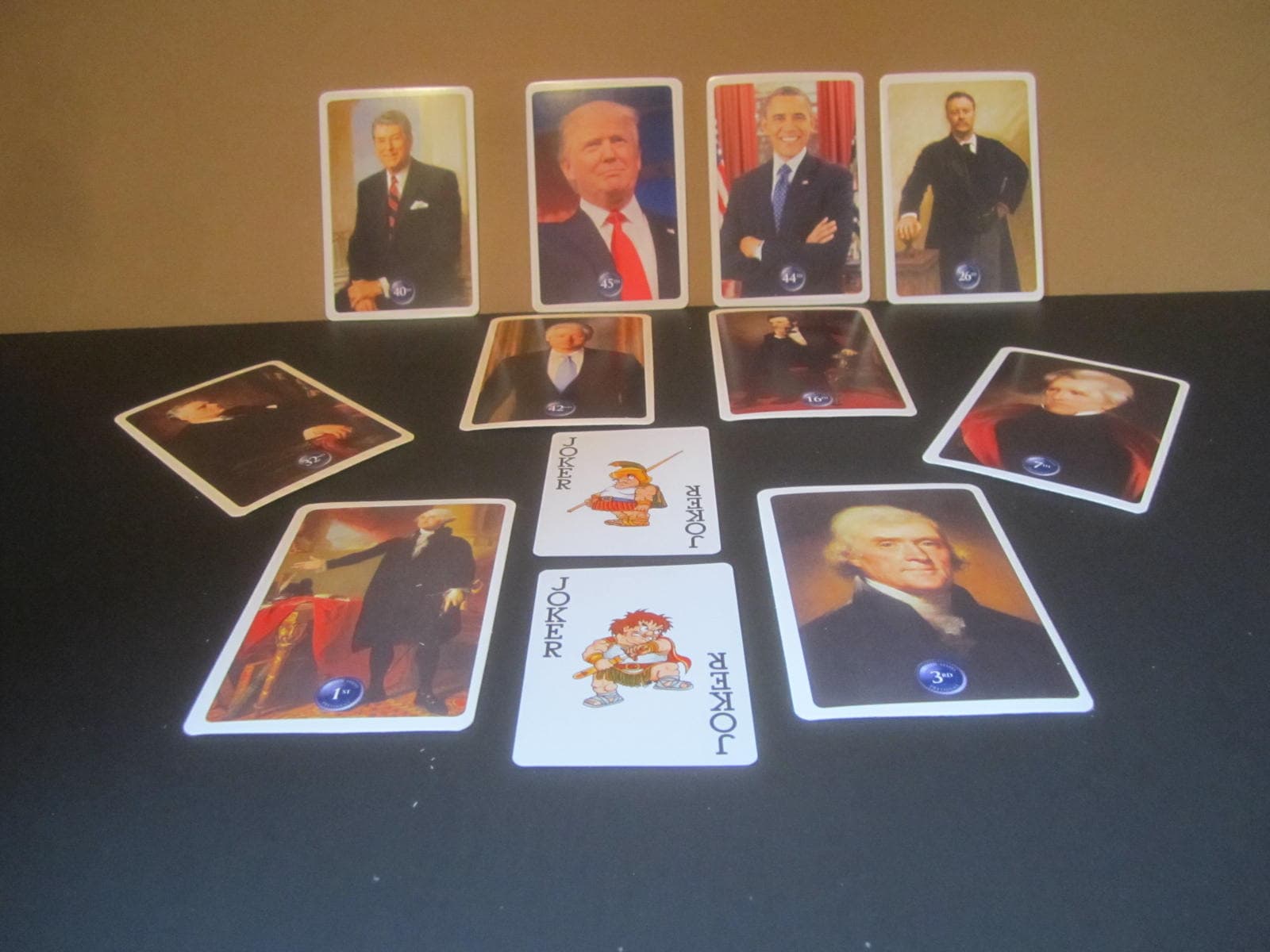Legally Speaking
I was raised in a pretty strict, conservative family. At least, that’s what I thought it was when I was growing up in it. It seemed like everything was either black or white. There were no gray areas. Most of the time wrongs got punished. Pats on the back, for doing things right, seemed rare. Doing right was what I was expected to do.
Rules were rules. Rules were the line in the sand. Me? I was scared to ever cross into the land of disobedience. Perhaps it helped me form the deep beliefs that I have today. The flip side is that sometimes the rules become more important than the purpose of the rules.
I hate cooked spinach. As an adult I refuse to eat it. I may like it now, but no one will ever really know because I won’t even try it again. In fact, once my step-daughter fixed a salad. It was so good. I asked her what was in it and she told me raw spinach. I now will eat raw spinach, just not cooked spinach.
Why don’t I like cooked spinach? I could not stand it when I was a child, but my parents literally would not let me leave the table until I ate every last, rotten piece of it. I tried everything. I tried to swallow it quickly. I tried to hold my nose as I ate it. I would soak it in vinegar because even vinegar tasted better than the spinach.
Today, I love a fresh cucumber. I will peel it and cut it in slices and put it in a big bowl. I will then soak the slices with vinegar. Since I like the cucumbers even without the vinegar, I often wonder if it is a little victory dance I do in my mind that shouts, “See there spinach, I don’t have to eat you. I can share my vinegar with a much better vegetable (sorry but I consider a cucumber a vegetable).”
I carried my black and white fear into adulthood. In the biggest crisis of my life, things were not going very well and it really looked like things were going to turn out badly. I remembered that I was playing by the rules and the other person was not playing by the rules.
I was so mad at God. I remember in the deepest moment of depression shouting at him. I said, “Father, I am doing everything You said to do. The other person is doing nothing You said to do and even acknowledges they aren’t about to even try to do what You say to do. If that is the way things are, I just don’t want to be here anymore.”
I don’t believe God likes it when you talk down to Him. My burst didn’t make my situation any better, if anything, it made it worse. I came up with an idea of my very own of how I could “justify” getting out of the bind I was in. I went and saw a lawyer.
I found a “loophole” I thought would help me out of the situation where my “religious” views and my personal life clashed. Proudly I walked into the old lawyer’s office with my suggestion. The wise old lawyer patiently listened to me. Then he said something to me that changed my life. He told me that my solution was just a religious term and really wasn’t anything more than another way to express what the ultimate solution would be anyway. Translation: changing the words, just to make you feel better about it, is sometimes nothing more than legalism.
Sometimes when you are away you take a few reminders of home. When this future President was younger, his father sent him to an upstate military academy. He brought two items to set on his dresser. The first was an airplane. The second was a picture of his hero, his older brother Freddy.
The future President was the fourth of five children. Freddy was the second child. The oldest child, was a girl named Maryanne. She would become a United States Court of Appeals judge. There was another sister between him and Freddy named Elizabeth. He also had one brother younger than him named Robert.
The future President’s father, Fred, was quite ambitious, even when he was younger. When Fred was just fifteen years old, he started a construction business. The first problem Fred encountered was that he was too young to sign checks. He entered into a partnership with his mother and she would sign the business checks.
Fred’s business was a huge success. He was earning so much money that he was able to send his brother, the President’s uncle, John, to college where he would eventually earn a Ph.D. from the Massachusetts Institute of Technology. The hope was that when he finished college he would join Fred in the business. The two actually built a couple of houses together, but it became obvious that they had two very different visions for the company and John eventually became an electrical engineer.
Then World War II came and Fred started building barracks and garden apartments for the Navy. When the war ended he knew all those soldiers would need homes. He would build apartments, lots of apartments.
But Fred was also very, very frugal. He was known to go on the jobsite and pick up nails he found lying on the ground and demanded that the carpenters use them. He was a tough boss and even a tougher Dad. He expected a lot of his children. He gave very little praise and a lot of criticism to his children. He wanted his kids to enter the family business, especially his sons.
Freddy, Fred’s first son and second child, took a lot of the criticism personally. He decided to go to college and he was probably one of those fun guys everyone liked. Sometimes he would invite his number one fan, his younger brother, who would one day become President. The young brother would just eat it up.
Freddy started working for his father once he graduated. On one project he installed expensive windows. The frugal dad berated his oldest son for such an unnecessary expense. Working very hard at his job with lots of criticism and no praise got to Freddy rather quickly. Instead of the family business, he decided he wanted to be a pilot.
In the eyes of the father, such a weak backbone was a huge disappointment. He thought he had built a stronger child than that. What probably hurt Freddy even more was that he fell off the pedestal his brother set him on, too. The younger brother thought he was strong, but now in his eyes he was a weak failure.
Freddy started his own life. I’m sure his family’s disappointment weighed heavily on him. To calm the effects of that disappointment, Freddy probably started his drinking habit. When the younger brother graduated college, Freddy’s drinking was out of control. Freddy got a divorce. He stopped being a pilot. He moved into one of his parent’s vacation homes.
The young, future president moved up rapidly in the family business. He was the family success story where Freddy was the family failure. In hopes of helping his brother “snap out of it,” the future President asked Freddy to be his best man in his wedding. But even that didn’t help. Four years later Freddy would die.
If you go to museums you will probably notice one thing in common with all of them. Almost all of them have old stuff. It is old stuff that ties the museum’s purpose into the history from which it comes. No art museum is complete without a picture or statue of something from the past. Almost all maritime museums have an old boat or an old piece of wood from an old boat.
As I drift through the pages of the Bible I often wonder what it would be like to see some of the objects in the Bible. Wouldn’t it be cool to see a nail or peg that kept Noah’s ark together? What would you think if you could see the staff that Moses turned into a snake? That there could be the possibility of seeing a chard piece of wood or stone from Elijah showing up all those prophets of Baal would be inspiring.
But one of the objects I would really like to see is probably one not too many people would think of. There is nothing fancy about it. It really doesn’t serve any purpose in our story, other than a side note. To everyone else it is just dirt.
The Bible story takes place in a town down from the famous Mount of Olives. It is early morning and people are probably just starting their day. Bob is down the street getting his sandal shop ready to open. Zachariah is throwing his catch of fish on the table hoping there are none left by day’s end. All is calm.
He enters the temple. Although not everyone likes him he is very well respected. He has developed quite the fan club. The leaders of the temple are a little worried about his popularity. They believe his fans have lost focus. They seem to almost worship him. They hang on his every word. It makes them nervous because only God or themselves, with all their “religious” training, are worthy of such accolades.
The leaders band together and decide the best way to discredit him is to embarrass him in front of all his fans. But how can they do that without looking like they are only trying to destroy him? They decide to pretend they are fans, too, and they will ask him one of those questions where, no matter how he answers it, they will point out something different in the scriptures.
They come to him with their own prop, a person, a woman. Knowing their hearts seem to be set on the maximum effects, I imagine she was only covered with a sheet or barely clothed. I also imagine that they weren’t gently bringing her to his attention. They loudly announce their charges and they demand his decision.
He barely lifts his head, pretending to not even hear them. Then he sees the dirt I’m talking about that I wish I could see. He does something so amazing with that dirt. He had to be annoyed with their antics. He doesn’t do what most of us would do. He doesn’t throw the dirt at them. He takes his finger and writes in the dirt.
His ignoring them doesn’t make them very happy. So they shout even louder their charges and demand his response. When he finally answers them gently, instead of gloating or debating, he goes back to his dirt and starts writing again. A few moments later he lifts up his head and notices they are all gone.
Donald Trump almost seemed to idolize his brother when he was younger. His brother seemed to encourage Donald to loosen up and have a little fun. When Donald was younger, he soaked it up. He loved the fact that his brother would take him places with his college friends.
When Donald got in the family business he took it very seriously. He loved his father’s stern discipline because there were no gray areas. Donald didn’t need the pat on the back, he only needed direction. His brother was different and both Donald and his father had a hard time accepting that.
Donald has said that he came around to realizing that his brother was a talented pilot and probably not cut out for the family business. He even said he came to appreciate his brother’s free spirit. Freddy’s “weaknesses” would lead Donald to avoid alcohol and cigarettes.
Freddy Trump would die as an alcoholic at the age of 43 years old, in 1981. In 1999, Fred Trump, Donald Trump’s Dad would pass away. Freddy’s son, Fred III, would speak at the funeral. Fred III’s wife went into labor. The child developed seizures that would led to cerebral palsy. The Trump family promised to take care of the medical bills.
Shortly thereafter, the reading of Fred’s will, which Donald help his Dad compose, was read. The bulk of the estate was divided among the children and their descendants, “other than my son Fred C. Trump, Jr.” Freddy’s children claimed that an earlier version didn’t have that omission.
Freddy’s children would sue the Trumps. A week later “Mr. Trump retaliated by withdrawing the medical benefits critical to his nephew’s infant child.”
When the Pharisees brought the woman to Jesus who was caught in adultery, their ultimate goal was not the proper justice for the woman, but they aimed solely to embarrass Jesus. Jesus remained calm and let them try to set him up. When He ignored them, it just made them more frustrated. They wanted an answer and they wanted it now.
When the dust settled, and not from the dirt I wish I could see, it was the Pharisees who had their tails between their legs and not Jesus. For Jesus’ verdict was this, “Okay guys, there are some stones over there. If you are guiltless, just go right over there and pick one up and throw it at her.” Then he went back to that amazing dirt, because it seemed it was far more interesting than they were.
The strange thing about the story is that the only one there that could have picked up the stone and throw it at her never did. When Jesus got done with his dirt, he looked around and all he saw was the girl. She must have had tears in her eyes. She thought she was doomed and yet freedom and forgiveness stood there beside her. All her accusers were gone and the ultimate judge had issued her pardon.
Sometimes we are so stubborn in our ways. We’re not going to try that cooked spinach, no matter what. Sometimes we have brothers that we have a hard time looking at because all we see are their weaknesses. We only like them when they are strong. Sometimes we hold the stone in our hand and we see everything as either right or wrong. We aren’t going to look at it any other way.
Jesus taught us that, yes we do have rules, but sometimes the spirit of the rules gets overlooked because of their purpose. At times we are too willing to cave into the pressures of the world simply because people “in the know” shout louder or press us to accept their verdicts or else. Other times we are too willing to stick by the rules simply because they are rules.
So where is the balance? I believe a relationship with God, as in our relationship with each other, is based on three very independent factors: love, obedience, and inspiration.
Love rules the day. If “something” can cause an end or a break in your relationship, then it is not really love. I’m so glad God doesn’t flip off the love switch every time I make a mistake, or I sin, or I make Him mad. His love is independent of how I act or how I live.
Second, is “something” I’m doing leading to a more obedient life with God? One of the great things about obedience, at least from God’s standpoint, is that when we slip up, it doesn’t stop the loving process. It is the acts we do that show our love to Him. If we do what we think He doesn’t want us to do, well, our obedience levels just aren’t there. If our obedience levels just aren’t there, is He really our God?
Finally there is inspiration. Does “something” inspire me to walk more on God’s path or does it discourage it? Too often we accept worldly things in order to keep the peace. Jesus even told the woman when she had no accusers next to her anymore: “Neither do I condemn thee; go, and sin no more.” She knew her “get out of jail free card” meant she couldn’t return from where she came. Likewise, if God inspires us, our examples and our beliefs will rest in our hearts where earthly pressure cannot dent them.
Contentment comes when we have love, obedience and inspiration in balance.
Prayer: Dear Mighty Father, Sometimes life hands us some very tough choices. Do we stand tough with our beliefs or do we let love look past those wrongs? Please guide me to be strong in my beliefs and to obey You. Let me look at You for my inspiration. But please never let me look past the loving factor in my reaction. Amen.



